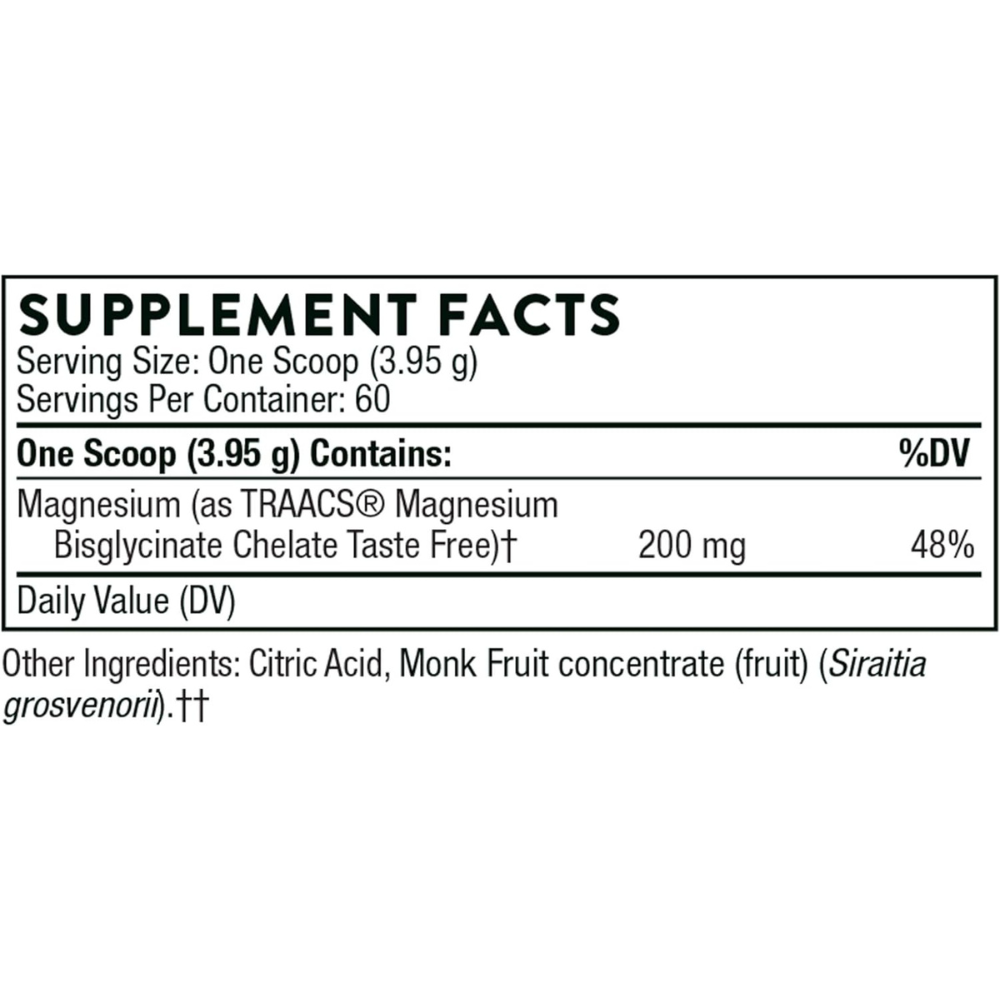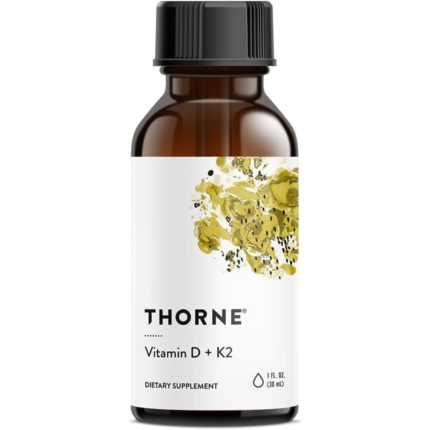This information is provided to help you make an educated choice. Remember to talk with your health-care professional before starting a supplement regimen. Mayo Clinic does not endorse any non-Mayo products or services. Mayo Clinic has authorized Thorne Research to distribute Mayo Clinic health information as part of its commitment to serve as a reliable resource for the public.
What is Magnesium?
Magnesium, a common mineral in the human body, is involved in hundreds of body reactions, from muscle health to metabolism.*
What are the dietary sources of magnesium?
Magnesium is found in many foods. It is especially abundant in whole grains, nuts and seeds, and leafy green vegetables, such as spinach. Meat, dairy foods and mineral water also contain fairly high amounts of magnesium.
Should I consider taking a magnesium dietary supplement?
Research suggests that many Americans don’t get enough magnesium in their diets. If you take a water pill (diuretic) or have diabetes, your magnesium level can be low. You may also be at risk if you have a condition that affects your body’s ability to absorb nutrients, such as celiac disease.
Low magnesium can contribute to fatigue and muscle weakness.* Low magnesium can also worsen existing health issues, such as diabetes and cardiovascular conditions.*

















Reviews
There are no reviews yet.